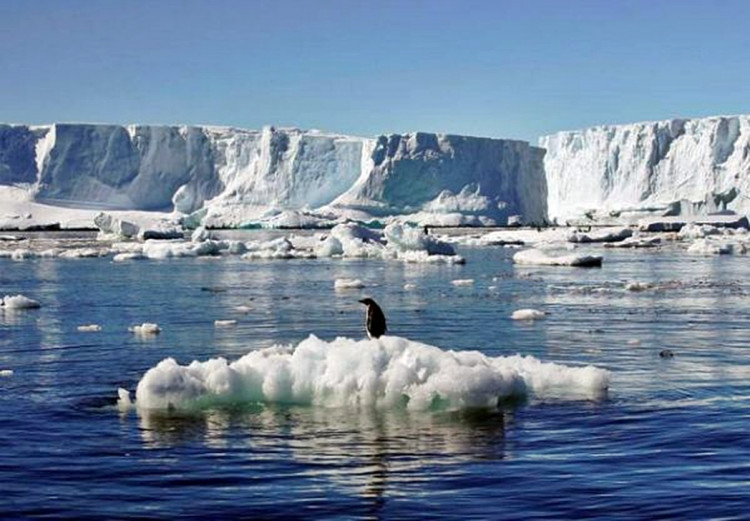The ongoing warming of the endangered Arctic is double that of the rest of the planet, and the region has been warmer for the past five years than at any other time since 1900 when records began being kept.
In its highly-anticipated 2018 Arctic Report Card, the U.S. National Oceanographic and Atmospheric Administration (NOAA) revealed the Arctic had its second-hottest year on record in 2018. This unenviable spike is part of an inexorable warming trend that stands to dramatically change the Earth's weather patterns in the coming years.
The NOAA report said 2018 was second only to 2016 in overall warmth in the Arctic. The report also revealed the Arctic experienced its second warmest air temperatures and second lowest sea-ice coverage last year.
More worryingly, polar temperatures are increasing at double the global average rate. This massive jump is causing unexpected changes in the global environment being experienced today.
The rapid Arctic warming is the most unprecedented transition in human history, said Dr. Emily Osborne, who led the report. Dr. Osborne said these momentous changes are impacting Arctic residents and have the potential to affect people well beyond the region.
She pointed out that in the 13 years the NOAA has been publishing these reports, the warming trend has continued to increase in severity.
The rising atmospheric warmth in the Arctic causes a sluggish and unusual jet-stream that coincides with abnormal weather events, said the report. It said the changing patterns have often brought unusually frigid temperatures to areas south of the Arctic Circle.
Some examples are the swarm of severe winter storms in the eastern United States in 2018. There's also the frigid outbreak in Europe in March 2018 better known as the Beast from the East.
Environmentalists have long warned against dangers posed by the rapid warming in the Arctic. This unnatural warmth also threatens imperiled species like polar bears and is a precursor of the broader impacts of climate change on the Earth.
In addition, scientists have warned the Arctic will suffer trillions of dollars worth of climate change-related damage to infrastructure over the coming decades.
These severe environmental changes in the Arctic emphasize why NOAA continues to invest in Arctic research and activities. This report will also help guide NOAA's priorities in better understanding the role of the Arctic in climate change and extreme weather; sustaining and growing fisheries; and supporting adaptation and economic opportunities in the region, said retired Navy Rear Admiral Timothy Gallaudet, acting under-secretary of commerce for oceans and atmosphere at NOAA.






